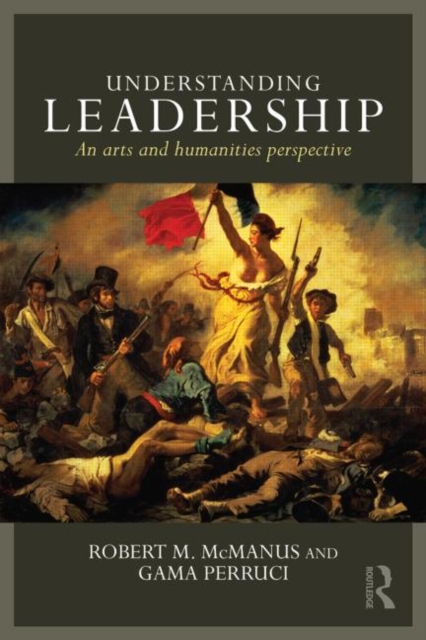CITESTE MAI MULT
Detalii
Descriere RO
Lao Tzu, Marx, the Buddha, Ibsen, Machiavelli -- these are just a few of the world's great thinkers who have weighed in on the subject of leadership over the centuries. Yet, the contemporary student of leadership often overlooks many of these names in favour of more recent theorists hailing from the social sciences. Understanding Leadership: An Arts and Humanities Perspective takes a different angle, employing the works of the great philosophers, authors and artists found in world civilization and presenting an arts and humanities perspective on the study of leadership.
The authors build their conceptual framework using The Five Components of Leadership Model, which recognizes the leader, the followers, the goal, the environmental context, and the cultural values and norms that make up the leadership process.
Supporting the text are a wealth of case studies which reflect on works such as Ayn Rand's novella Anthem, Eug�ne Delacroix's painting Liberty Leading the People, Charlie Chaplin's film Modern Times, Athol Fugard's play "Master Harold" . . . and the Boys, Lao Tzu's poetic work Tao Te Ching, and Anton�n Dvoř�k's New World Symphony. The authors also introduce studies from various world cultures to particularly illustrate the role cultural values and norms play in leadership. This illuminating framework promotes the multidimensional thinking that is necessary for understanding and problem solving in a complex world.
Understanding Leadership: An Arts and Humanities Perspective will be a valuable textbook for both undergraduate and postgraduate leadership students, while leadership professionals will also appreciate the book's unique liberal arts and cultural approach.
EdituraTaylor & Francis Ltd
Dimensiuni233 x 156 x 17
Data Publicarii08/04/2015
Format
Necartonata
Numar pagini274
Aceasta este o carte in limba engleza. Descrierea cartii (tradusa din engleza cu Google Translate) este in limba romana din motive legale.
Lao Tzu, Marx, Buddha, Ibsen, Machiavelli - acestia sunt doar cativa dintre marii ganditori ai lumii care au cantarit subiectul conducerii de-a lungul secolelor. Totusi, studentul contemporan la conducere trece deseori cu vederea multe dintre aceste nume in favoarea teoreticienilor mai recenti care provin din stiintele sociale.

